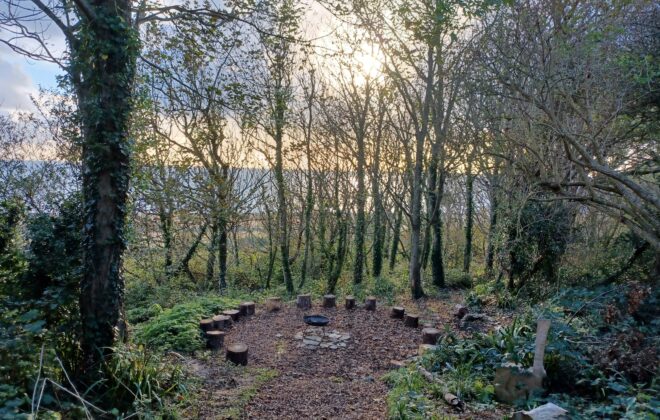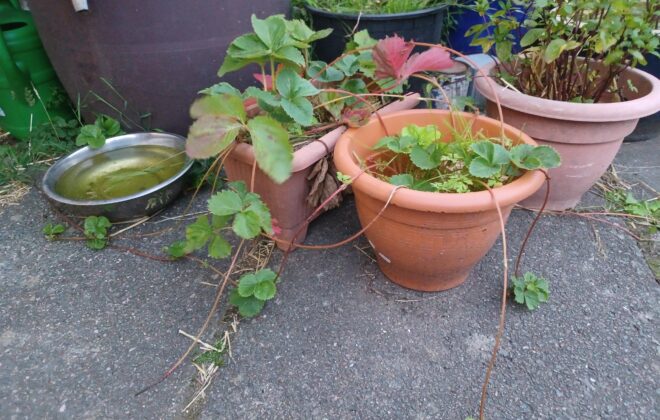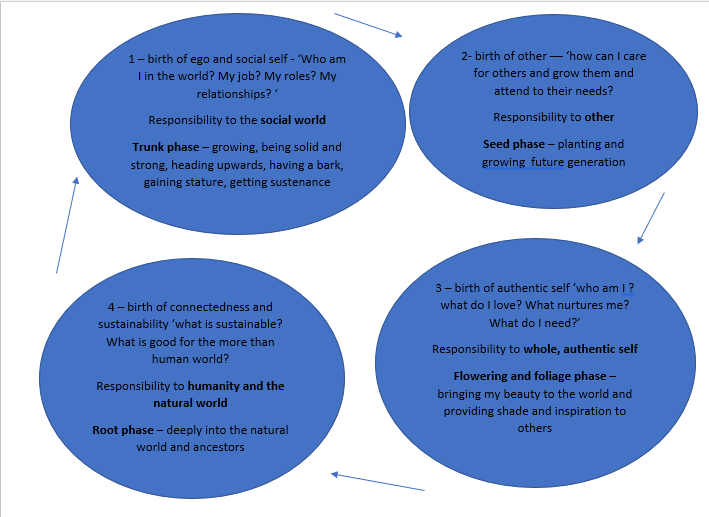#No mow May
May. Already. How is that possible?
The days are so much longer and the birds are joyous.
Today we had sun and rain and there were pretty little orange-tip butterflies on the Lady’s-smock which is growing in the wilder parts of the garden.
Since the spring of the pandemic I have decided to hand over at least 50% of the garden to wildlife. I only mow half the lawn, I let nettles and other ‘weeds’ grow in amongst the fruit bushes. I love how many birds it brings and today, as I was putting the washing away, I saw a rabbit as well as the more resident squirrels and the pheasant. I also spotted a thrush amongst the blackbirds and sparrows.
The song thrush is on the amber list of birds at risk of extinction. What do we need to save it? Let the grass grow so it can find snails and worms from your garden.
It is so simple.
No Mow May is championed by PlantLife who say:
We’ve lost nearly 97% of flower rich meadows since the 1970’s and with them gone are vital food needed by pollinators, like bees and butterflies.
A healthy lawn with some long grass and wildflowers benefits wildlife, tackles pollution and can even lock away carbon below ground – and best of all, to reap these benefits all you have to do is not mow your lawn in May!
With over 20 million gardens in the UK, even the smallest grassy patches add up to a significant proportion of our land which, if managed properly, can deliver enormous gains for nature, communities and the climate. This is why Plantlife is calling for people to get involved with #NoMowMay and let wild plants get a head start on the summer.
Turn your garden into an ark through Acts of Restorative Kindness, creating woodpiles for bugs and small mammals, ponds for tadpoles. Leave grass long in places. Never, ever use pesticides or herbicides (like suicide and homicide). Let old wood rot. We Are The Ark is a beautiful project with simple aims:
3. To give as much land as possible back into nature’s hands. For example, there are 40 million acres of chemically treated monoculture, grass lawns in the USA alone. Even 10% of this reserved for small Arks would provide habitat for billions of creatures and change the ecological future of that continent.
In a week where we have heard of more humans causing suffering to humans in the Sudan, creating safe havens where we live, not only saves lives of all the non-human creatures and plants we share our gardens with, ultimately, saving nature, is saving ourselves. All from being kind, and generous without wanting anything in return.
If you enjoyed reading this please share it with friends. You might also be interested in talking to me about coaching , or maybe try some of my online courses (some are free), or treat yourself to a climate protecting pamper with vegan friendly, organic Tropic which supports the planting of forests and education in deprived areas.
Thanks for being here.
Julie
Tags In
Related Posts
Categories
- Be Here Now (110)
- Education (40)
- Endings (58)
- environment (96)
- Inspiration (111)
- Podcasts and videos (49)
- Psychology and Emotions (147)
- Relationships and Family (150)
- Spirituality (70)
- stories and poems (95)
- Thinking Differently (186)
- Uncategorized (8)
- Well-being (106)
- Women (80)
- Work (42)



